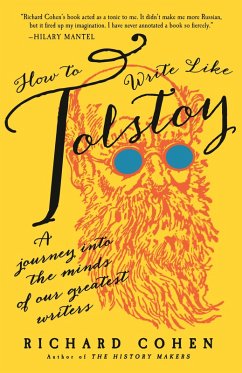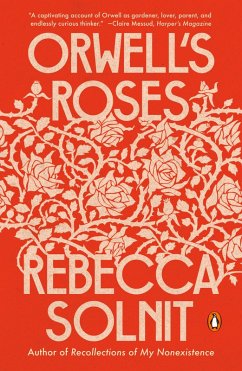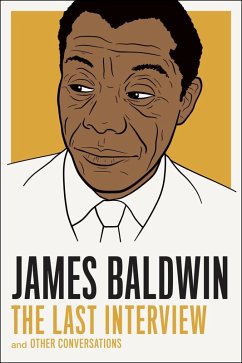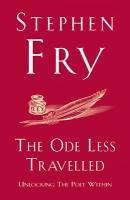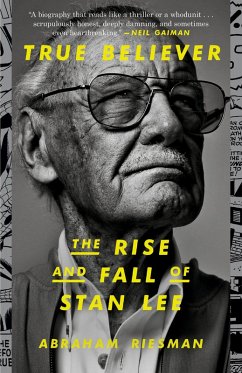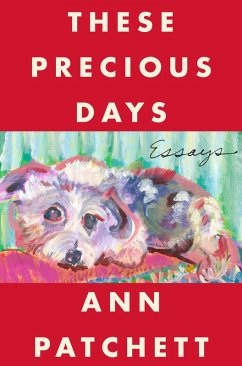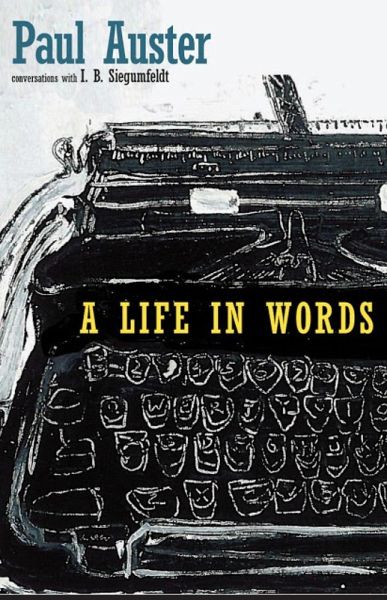
A Life in Words (eBook, ePUB)
Conversations with I. B. Siegumfeldt

PAYBACK Punkte
6 °P sammeln!
An inside look into Paul Auster's art and craft, the inspirations and obsessions, mesmerizing and dramatic in turn. A remarkably candid, and often surprisingly dramatic, investigation into one writer's art, craft, and life, A Life in Words is rooted in three years of dialogue between Auster and Professor I. B. Siegumfeldt, starting in 2011, while Siegumfeldt was in the process of launching the Center for Paul Auster Studies at the University of Copenhagen. It includes a number of surprising disclosures, both concerning Auster's work and about the art of writing generally. It is a book that's f...
An inside look into Paul Auster's art and craft, the inspirations and obsessions, mesmerizing and dramatic in turn. A remarkably candid, and often surprisingly dramatic, investigation into one writer's art, craft, and life, A Life in Words is rooted in three years of dialogue between Auster and Professor I. B. Siegumfeldt, starting in 2011, while Siegumfeldt was in the process of launching the Center for Paul Auster Studies at the University of Copenhagen. It includes a number of surprising disclosures, both concerning Auster's work and about the art of writing generally. It is a book that's full of surprises, unscripted yet amounting to a sharply focused portrait of the inner workings of one of America's most productive and successful writers, through all twenty-one of Auster's narrative works and the themes and obsessions that drive them.
Dieser Download kann aus rechtlichen Gründen nur mit Rechnungsadresse in A, B, BG, CY, CZ, D, DK, EW, E, FIN, F, GR, HR, H, I, LT, L, LR, M, NL, PL, P, R, S, SLO, SK ausgeliefert werden.




